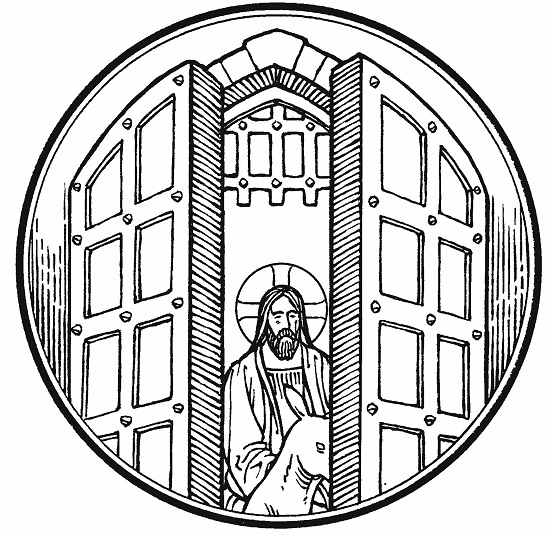Tag: First Sunday in Advent
-
First Sunday in Advent (Series B)
Text: Isaiah 64:1-8 “Enough is enough!” When things get so bad, you’ve tried again and again, yet you can’t see any way through, you might throw up your hands and say, “Enough is enough!” Maybe you’ve been feeling that way lately? It could be the many maddening topics in the news—election fallout, coronavirus scare and…
-
First Sunday in Advent (Text: Matthew 21:1-11)
Happy New Year! No, really! What? You think I’m crazy and I better check my calendar. I have. The Church has a calendar she follows. It’s not one that competes with January-December. It’s like the fiscal calendar or the school calendar, but more. The Church Year centers around the events in the Life of Jesus,…
-
The King of Kings Comes for You (Matthew 21:1-9)
Bethlehem Lutheran & Bethel Lutheran Churches, Lebanon & Sweet Home, OR First Sunday in Advent (Ad Te Levavi) + December 3, 2017 Text: Matthew 21:1-9 “Your King Comes to You” This is the beginning of Advent, the season leading up to Christmas. Advent comes to us from Latin, meaning “to come to” (ad +…
